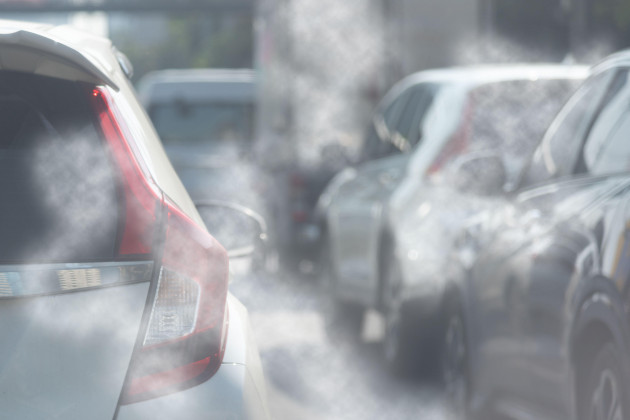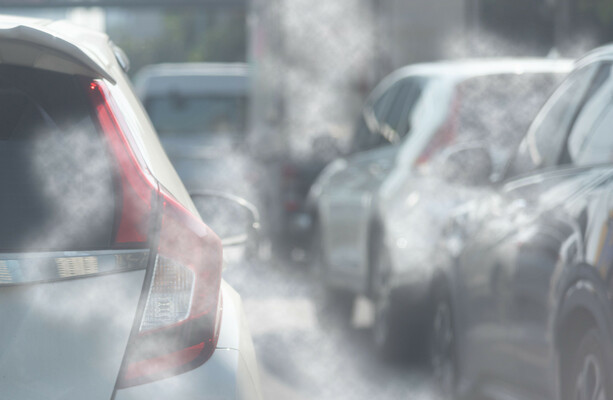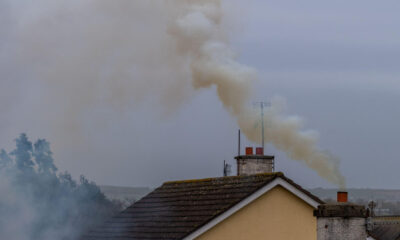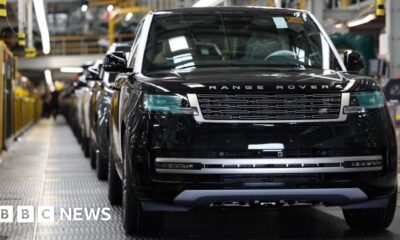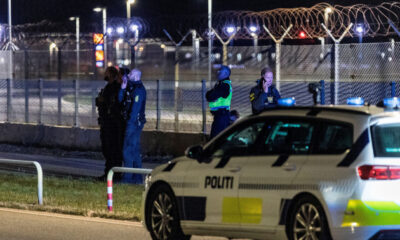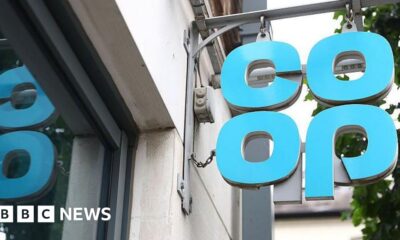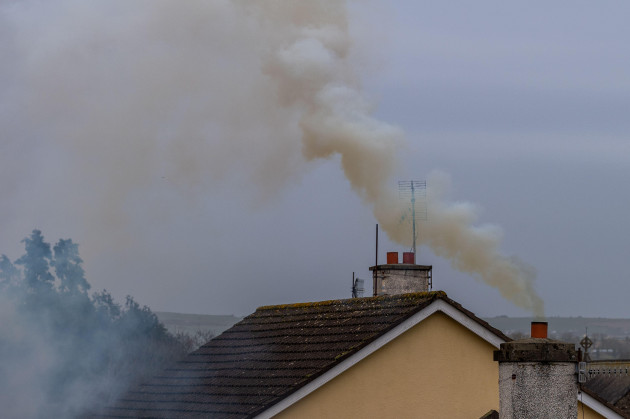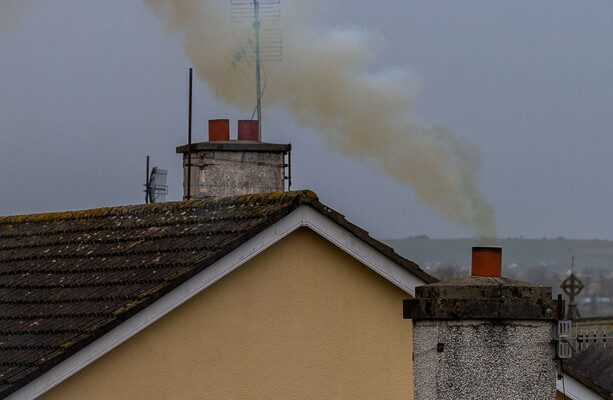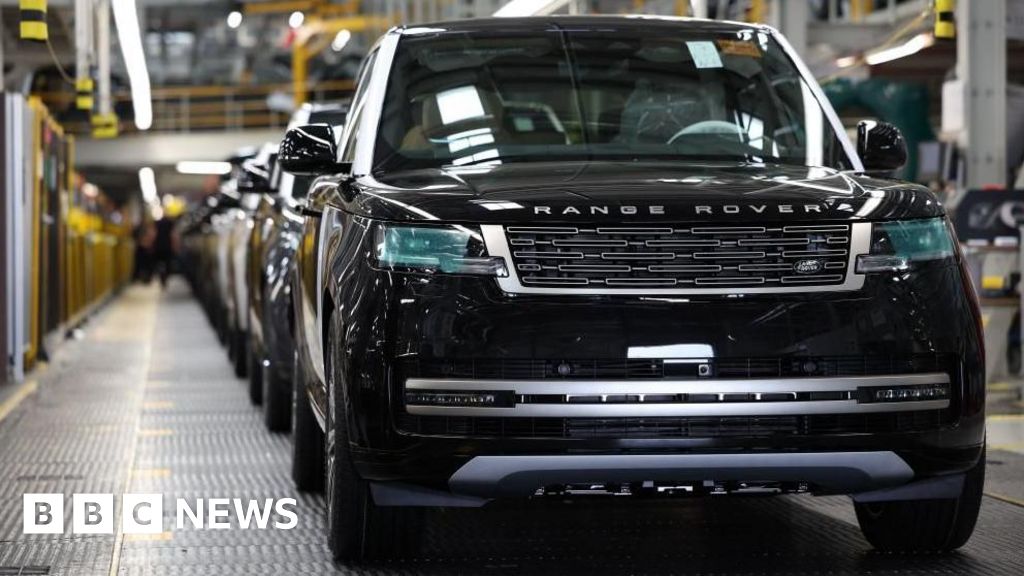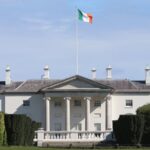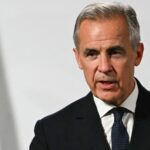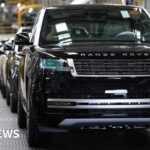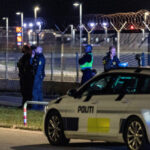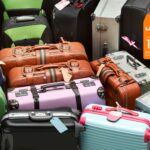IRELAND HAS A love affairs with cars.
Car ownerships are rising. In June, new car registrations were up 63.5% compared with the same period the previous year and 3.5% year-to-date. The figures for August show the jump compared with August 2024 was smaller at just 1%, but the year-to-date increase remains steady at 3.4%.
But is car ownership making people happier? It doesn’t seem so. A US survey found that, in a typical week, relying on a car more than 50% of the time for out-of-home activities is associated with a decrease in life satisfaction.
Those of a certain age will remember the advertisement for the Renault 21 – maybe more for the soundtrack than the car itself. The beat, tone and lyrics of the 1960s song “I Feel Free” by the rock band Cream not only gave a sense of freedom but also joy and elation.
It was the perfect song for what car makers have been trying to sell for generations – the sense that cars gave you freedom, independence and happiness. No wonder Renault chose the song.
The myth of freedom
Motor manufacturers have been pedalling the idea that cars signified freedom since they started making them.
“To own a Ford car is to be free to venture into new and untried places. It is to answer every challenge of Nature’s charms, safely, surely and without fatigue.” These are the first few lines from a Ford ad targeting women in 1924.
Today’s car ads show miles of open, empty road, devoid of people and other vehicles, whether they are motorised or not. The freedom to drive where, when and how you like.
But the reality is far different. Too often, drivers find themselves stuck in traffic, nose to tail with other vehicles, stressed to the verge of road rage. This isn’t the image we bombarded with in car ads. That’s because they are selling an illusion, a myth.
Not only is it an illusion, but there are also costs attached – roads are clogged, time is lost, streets blocked or hard to navigate due to parked cars, other streets and roads being used as rat runs, our air is clogged with fumes and pollution, and it is contributing to climate change and damaging our health. Exhaust fumes are emitted at street level where people breathe them directly into their lungs. And sadly, on top of this, many lives are lost in traffic accidents.
But we are constantly told that cars are the answer to our transportation problems. I’m old enough to remember when the M50 was being built – a four-lane highway that would make it easier to traverse around Dublin, take cars away from the city centre and provide ease of access.
It quickly became clogged. The toll booths were blamed for the tailbacks. They were removed but the tailbacks remained.
A lane on each side was added to relieve congestion, bringing it to six lanes. The congestion remained.
“Another lane will sort it” is now akin to “Is there anything to be said for saying another mass?” from the Father Ted episode when they ran out of ideas to try save Dougal from an explosives-laden milkcart.
Other things that the ads don’t tell you – cars are an inefficient means of transport. Most new internal combustion engine cars have a maximum efficiency of 35% in petrol and 45% in diesel. This means that most of the energy in the fuel is lost as heat. Electric vehicles are generally 85% efficient.
This is not to suggest that EVs are the panacea – a mass switch to EVs would not ease congestion. And there still would be pollution issues. Vehicle tyres have been found to be the biggest source of nanoplastic pollution in the Alps.
And that’s not to mention the energy spent in the mass production of EVs for personal use. Car production has a big environmental footprint from the various components used. And the disposal of cars at the end of life is another issue.
We keep doing the same thing – and it’s not working
Insanity is doing the same thing over and over and expecting different results. And for decades, we have insanely been building roads for cars to ease our traffic problems. It’s not working.
Many people say they have to drive due to the lack of public transport, particularly in rural areas, and this should not be discounted in any debate on car use. But many of the reasons for this are down to policy decisions – to focus largely on private car transport on roads to the detriment of an affordable, interlinked mass transit public transport system, whether it is national bus, urban bus or rail.
Yes, there have been successes along the way in terms of Dart and Luas, but this is in one city in one part of the country. We need to think big in terms of public transport – we need the same energy, commitment and spending that led to us having a motorway system.
Unfortunately, just when we thought we were making progress, the new government’s failure to maintain the modest 2:1 spending in favour of new public transport versus new roads is a retrograde step, which will only lead to increased car use, congestion and rising emissions.
To provide alternatives for the public to make the switch from cars, we need a ratio of at least 5:1 spend on public transport, with at least 20% of that to go on active travel.
We should have choices but the freedom to choose has been taken away by a near total reliance on private transport. The freedom a car supposedly offers comes at a cost for other modes of transport – whether it is public transport, cycling or walking.
That’s if you believe a car and more tar is offering you freedom. The advertisers are trying to sell you a dream but they’re selling you a pup. And a government offering you more roads rather than reliable public transport is driving you down a cul de sac.
Ciaran Brennan is the Communications Officer at the Irish Environmental Network.

